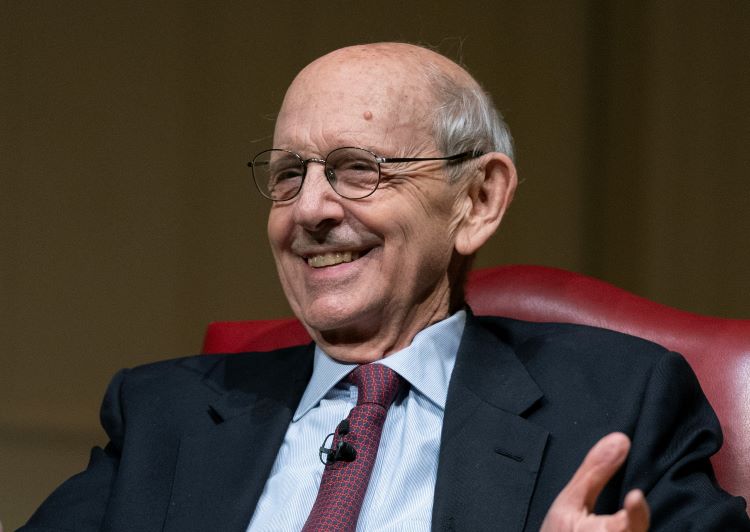ABA House OKs updated 10 principles for public defense; 'we cannot allow a two-tier system of justice'

Image from Shutterstock.
The House of Delegates approved a measure adopting a new iteration of the ABA Ten Principles of a Public Defense Delivery System at the ABA Annual Meeting in Denver on Monday.
Resolution 603 also recommends all jurisdictions assess and ensure their compliance with the principles, which were developed by a Standing Committee on Legal Aid and Indigent Defense working group. They outline the basic criteria for providing effective representation to defendants who cannot afford an attorney.
The House adopted the original Ten Principles of a Public Defense Delivery System in 2002, according to the report that accompanies the resolution. The working group asked for input on the new principles from the National Legal Aid & Defender Association, the National Association of Criminal Defense Lawyers, the National Association for Public Defense and the Sixth Amendment Center.
In introducing the resolution, Judge Bryant Yang of the Los Angeles Superior Court, who chairs the Standing Committee on Legal Aid and Indigent Defense, pointed out that much has happened in recent decades, including the Great Recession, the advent of social media and a once-in-a-lifetime global pandemic. He added that significant changes have also occurred in the delivery of public defense services, such as the prevalence of digital discovery and increase in diversity of indigent defendants.
Follow along with the ABA Journal’s coverage of the 2023 ABA Annual Meeting here.
“The time is right for the ABA to revise the original 10 principles and to reaffirm its commitment to well-resourced public defense systems,” Yang said. “We cannot allow a two-tier system of justice where people who are unable to afford a lawyer are appointed underpaid and overworked public defense counsel. These revised principles are critically important to achieving the goal of equal justice for all.”
The Standing Committee on Legal Aid and Indigent Defense addresses the following in its 10 principles:
- Independence of public defender agencies and their lawyers.
- Adequate state funding and oversight of public defender agencies.
- Regular monitoring and control of public defender agency workloads.
- Collection and review of public defense data and implementation of necessary improvements.
- Eligibility for no-cost public defense services.
- Immediate and confidential access to public defense counsel.
- Comprehensive training and supervision of public defense counsel and staff.
- Importance of “vertical” representation (the same defense lawyer should represent a client throughout their case).
- Client-centered approach and other components of effective representation.
- Inclusion of public defense agencies as equal participants in the legal system.
The Standing Committee on Legal Aid and Indigent Defense plans to promote and share the principles with public defender agencies, public defense advocacy groups, legal media and other relevant groups.
Resolution 603 is co-sponsored by the Section of Civil Rights and Social Justice.



